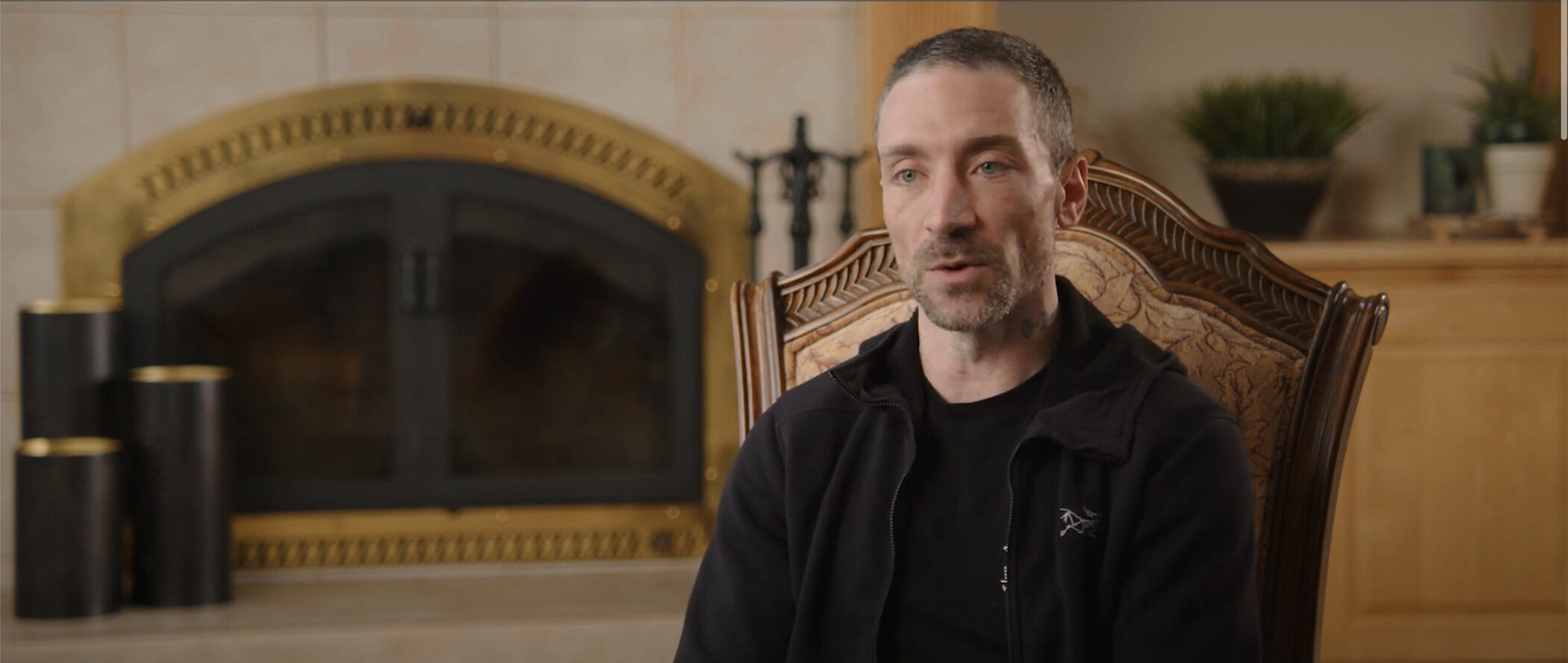Although many believe that maritime accidents happen mainly at sea, there are many injuries and fatalities that occur on ships, in ports, terminals, and docks. All members that work on a ship have an important role that is crucial to the function of the ship. When a maritime worker is injured at sea or on shore, they are entitled to compensation for their medical care cost and lost wages. The nature of the work on the deck of a ship is extremely dangerous. For example, deckhands are responsible for the maintenance of the ship (e.g., painting the deck) and they often have to work on the deck of the ship in dangerous weather conditions, maneuvering the waves and often crowded deck. They may sustain injuries like broken bones, or hypothermia from being exposed to the harsh weather conditions.
Deck accidents can cause severe injuries and tragic fatalities such as a slip and fall, or a deck crane accident. At times deck accidents occur because of defective equipment and for various other reasons, and it can happen to anyone including experienced crew members. When an employer does not provide adequate training, safety gear, or preventive measures, they should be held responsible for your injuries. At BOATLAW, LLP, our attorneys are dedicated maritime lawyers who can help you explore your legal options.
Deck Accident Maritime Attorney in Seattle, WA
Crew members and everyone on board a ship should be safe. That is to say, although the maritime industry is risky, crew members should be properly trained, and steps should be taken to avoid working in an accident-prone area that can lead to an incident while someone is working on deck. If you have sustained injuries because of a deck accident (e.g., trip and fall), seek legal counsel.
You have rights as an injured sea worker, and it is in your best interest to review your legal options with an experienced maritime attorney at BOATLAW, LLP. Our skilled maritime lawyers help pursue damages for crew members, dockworkers, and other mariners. At BOATLAW, LLP, we will fight for a favorable outcome for our client’s claim. Contact us at 1-800-262-8529 to schedule a free consultation.
Information Center
Types & Causes of Deck Accidents
Offshore workers are commonly injured in deck accidents. However, the risk of an accident increases when maritime companies and owners do not provide adequate training and fail to follow basic safety protocols pertaining to the maintenance of the deck. When the regular maintenance of the deck is neglected, routine tasks can become hazardous. Additionally, severe weather can make the deck slippery and dangerous. Nevertheless, even in treacherous weather, when individuals fail to take reasonable and expected actions it can lead to injuries.
- Unqualified Crew members
It is the employers’ duty to hire competent workers and provide a safe environment for the crew members. A crew member is considered unqualified or deemed “defective,” if they meet characteristics that make them dangerous. For example, having a violent character, if the person is prone to drinking alcohol, fighting, or making threats. Having a crew member onboard a vessel who is impaired or “defective,” can put other workers in danger. If you were injured in an assault by another crew member while serving as a seaman abroad a vessel, consult with a skilled lawyer. It is the owner of the vessel responsibility to ensure the boat/ship is seaworthy, including that the crew members are sufficient in numbers and qualified to be on the boat/ship. It is in your best interest to seek legal counsel; an experienced maritime injury attorney can help you determine all your legal options. See Boudoin v. Lykes Brothers Steamship Co., Inc., 348 U.S. 336 (1955).
Creating an environment of relaxed attitude towards safety and failure to properly train employees can lead to various accidents. The Jones Act stipulates the employers’ duty of care requiring adequate safety equipment, proper safety training, and hiring competent crew members, etc. If an employer, vessel owner, or maritime company fails to provide adequate safety measures it can be considered negligence and in violation of the vessel being seaworthy.
The slippery surfaces on ships can cause someone to slip, trip and fall. Such incident is common accidents on decks, and although it can lead to severe physical injuries (e.g., head injury, shoulder injury, etc.), they also cause fatalities. Slips can occur while on deck at any moment and falls are common while working on heights (e.g., cargo holds, hatch covers, etc.). Some of the common causes of slip and fall accidents include not having proper protective equipment (e.g., safety shoes, harnesses, etc.), or workers not using the catwalks correctly. It is possible to avoid slip and fall incidents by having preventive measures such as having safety shoes, clean surface areas, etc. By not maintaining the deck crew members and others may trip over unexpected obstacles, or over uneven surfaces.
If you suffered a serious injury from a slip and fall while working on a deck, seek legal counsel. In the maritime industry, a trip and fall can be much a more severe affair. When a maritime employee slips and falls, he/she is surrounded by hazardous material on deck and the accident can lead to spinal cord injuries, broken bones, etc. Retaining an experienced attorney can help you determine your options based on the facts of your case.
- Improper Lifting
Working on a ship requires having to lift heavy objects and improper lifting techniques can lead to back-related injuries. If you have suffered a spinal cord injury or back injury because you were not taught proper lifting techniques, seek legal counsel. A maritime employer is responsible for any injury resulting from a lack of training or failure to implement proper safety measure. For example, if a crew member did not know how to safely and properly lift an object on deck and sustained an injury, the maritime company can be held liable. Teaching proper lifting techniques is one of the areas of safety and training the maritime industry frequently falls behind on.
- Compressed Air Accident
Compressed air is used with pneumatic power tools for cleaning purposes. This is dangerous because if it enters the blood stream through an open cut or wound, it can be fatal. There are preventive measures such as not blowing compressed air towards another person, keeping air and gas cylinders secured and in a vertical position, clear of heat, and always making sure to depressurize the line after using compressed air through pipelines.
- Exposure to Chemicals
While working on deck it is possible to be exposed to various chemicals that on direct contact with the skin can lead to severe burns and other serious injuries. Paint, paint thinners, metal bits, and other chemicals can cause damage to a person’s eyesight. Additionally, crew members should be dressed in proper protective equipment (e.g., safety goggles, face masks, etc.). Many maritime companies are not concerned with training competent employees who know how to perform their jobs safely and efficiently. Therefore, all employees are at higher risk of injury.
- Electrical Accidents
It is important to regularly check hand tools and extension leads. Regular checks ensure that the portable electrical equipment and extension leads are fitted with suitable plugs and sockets. Additionally, portable electrical deck equipment has potential for overheating, causing burns, and electric shock. A shock from a live wire or equipment with poor insulation can be fatal, and overheated equipment can cause fires. Maritime deck workers are protected by the law, and the Jones Act provides protection to injured seamen. If you have sustained an injury while working on the deck of a ship, and you are a crew member, retain legal counsel. The circumstances of the accident can help determine liability.
The use of cranes while working in the maritime industry is a necessary activity. Crane accidents such as dropped loads, mechanical defect, malfunction, etc. can result in catastrophic injuries or the wrongful death of a crewmember. Crane and lifting operations incidents can happen when the cargo is not properly secured, and it falls on top of others.
- Man Overboard
Poor safety conditions on the decks of vessels, risky weather, and unexpected movements can cause workers to fall overboard. Also, slips or trips and falls while washing, painting, or conducting elevated work near the ship can all lead to a crew member being overboard.
Additional Resources
International Maritime Organization | IMO – Visit the site to learn information about maritime safety (e.g., safety regulations). The site also includes information about events, community organizations, legal affairs, and much more. If you are a seaman and have sustained an injury while working on a vessel or if you are under a contract for a maritime company and sustained an injury, seek legal counsel. A lawyer can help you understand your legal options, who can be held liable for your injuries, and what resources are available to you.
The National Institute for Occupational Safety and Health | NIOSH – The NIOSH program conducts and supports research to improve the safety and health of maritime workers. According to NIOSH, workers employed in the maritime industries are at higher risk of fatalities, injuries, and illnesses than other workers. Follow the link to learn statistical information about maritime workers and the risks, safety and prevention methods, and other resources.
U.S. Department of Labor | OSHA – The maritime industry requires construction, repairs, movement of cargos, and much more. A lot of work and movement happens on a vessel and workers are exposed to hazardous equipment, machinery, chemicals, and confined spaces. Follow the link to learn about resources for maritime workers and employers. For example, the site includes OSHA requirements, training information for the maritime industry, worker rights, suicide prevention, and more.
Lawyers for Deck Accident in the Pacific Northwest
If you are were injured onboard a ship for which you were a crew member, or if your loved one was lost at sea because of a deck accident, you have the right to seek compensation for your damages and loss. An experienced maritime deck accident lawyer from BOATLAW, LLP can help guide you through the process. Although nothing can undo the pain from the accident, pursuing legal action can help you receive reasonable compensation for your current and future medical expenses, rehabilitation costs, lost wages, and much more. At BOATLAW, LLP, we are here to help and serve our clients, throughout the years we have worked with men and women from various different backgrounds (e.g., deckhands, longshoremen, etc.).
BOATLAW, LLP serve the maritime workers of the Pacific Northwest, including those working in Washington, Oregon, California, and Alaska. Call at 1-800-262-8529 or send us an online message to speak with an experienced attorney at BOATLAW, LLP for a free consultation in our Seattle, Bellingham, or Portland locations.
This article was last updated on Thursday, July 16, 2020.











